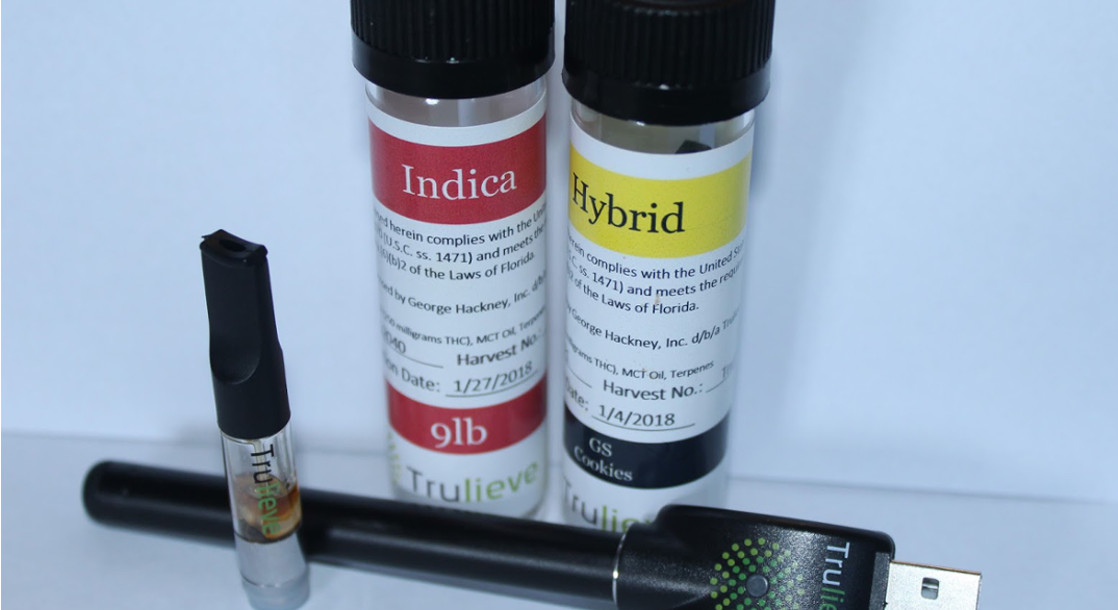If the US government doesn’t issue federal relief funds for the state-legal weed industries, they could collapse, Colorado Governor Jared Polis warned Congress this week.
In March, Congress passed an unprecedented emergency relief bill designed to save the US economy from crashing amid the worldwide coronavirus pandemic. The CARES Act is the most expensive stimulus package ever passed by Congress, with a $2.2 trillion price tag that could end up actually costing $6 trillion, according to Larry Kudlow, the director of the US National Economic Council.
However, since marijuana remains a federally outlawed Schedule I drug, the bill blocks America’s burgeoning weed industry from the relief funds. Furthermore, ancillary industries that don’t actually touch the plant but work with pot companies, such as businesses that sell grow lights or hydroponic watering systems, are also blocked from receiving federal emergency cash.
“Unfortunately, a large number of small businesses in Colorado are not eligible for these loans due to their involvement in the state-legal cannabis industry, which is a major employer and tax revenue generator in our state,” Gov. Jared Polis (D) wrote in a letter to Colorado Representative Jason Crow (D) on Monday, Forbes reported. Crow serves on the US House’s Small Business Committee.
To prevent the spread of the virus, all but eight states forced “non-essential” businesses such as bars, dine-in restaurants, nightclubs, department stores, and movie theaters to temporarily close. Air travel was also severely restricted. The societal standstill led to stock market panics and a dramatic drop in financial activity, causing at least 17 million Americans to become unemployed and bankrupting thousands of businesses across the country.
Weed sales spiked in Colorado at the end of March, just as the coronavirus crisis took hold in the US and just days before Polis issued a stay-at-home order for the state. Both recreational and medical pot shops could remain open as “essential” or “critical” businesses that provide a necessary service, but despite the special status, the cannabis industry in Colorado isn’t faring well lately.
Although some weed-legal states such as California and Oregon are seeing higher-than-average sales right now, Colorado’s cannabis sales are experiencing a slump. That’s likely because, unlike California, Colorado does not have a widespread, thriving weed delivery program. Furthermore, Colorado’s cannabis industry depends heavily on sales to tourists, who stopped visiting the state once parks, hotels, and ski resorts closed amid the pandemic.
Failure to provide federal relief to the cannabis space “could have a devastating effect on our business community and tens of thousands of employees,” Polis wrote.
Polis ended his letter saying that if Congress would not provide relief to Colorado’s licensed marijuana industry, it should, at the very least, allow ancillary industries (that don’t grow or sell weed) access to emergency financial aid.
Several members of Congress are currently pushing to include state-licensed pot companies in the next round of federal relief bills, which may come even as the coronavirus crisis possibly abates in the US.











